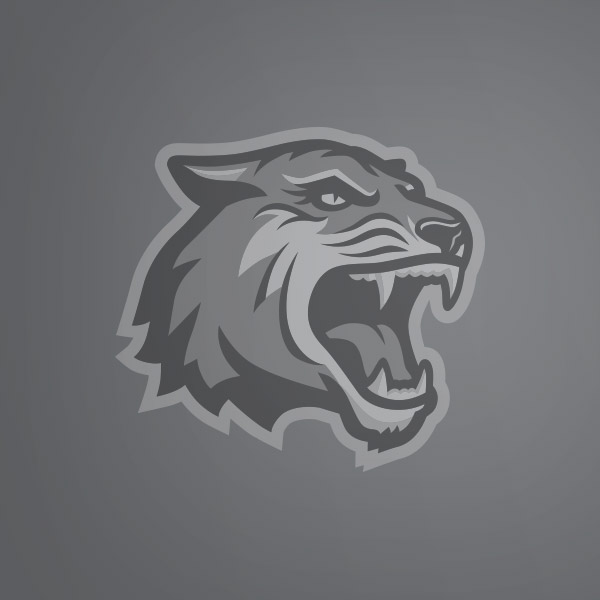
Julie Johannes
Principal Lecturer
Julie Johannes
Principal Lecturer
Education
BA, State University College at Geneseo; MA, University of Rochester
Bio
Computer games, generally, and Massively Multiplayer Online Role Playing Games (MMORPGs), specifically, have changed the ways that our students engineer their lives. Previously seen as exclusive, antisocial, and 'hardcore' diversions, these games are now a component of their daily schedule. Once relegated to dank basements and dark bedrooms, student-gamers are proliferating our campuses and widely gaining both popular and scholarly acceptance. Embracing rather than decrying such newfound openness reveals a promising space for 21st century research and pedagogy.
My professional and research interests include Game Studies, Video Games and/as Literature, Digital Humanities, Autopathobiography, Neuroatypicals in Popular Culture, Don DeLillo, Paul Auster, and Postmodernism.
When I'm not teaching, reading, writing, or researching (or even when I am), I'm a runner. Most noteworthy is that I've run a marathon and multiple 13.1s. I try to do a 5k, 10k, or 15k at least once a month, just to keep things interesting. I enjoy international travel, mystery novels, eurogames, gourmet cooking, playing badminton, attending Canadian Football League (CFL) games, and cheering on the Vancouver Canucks.



